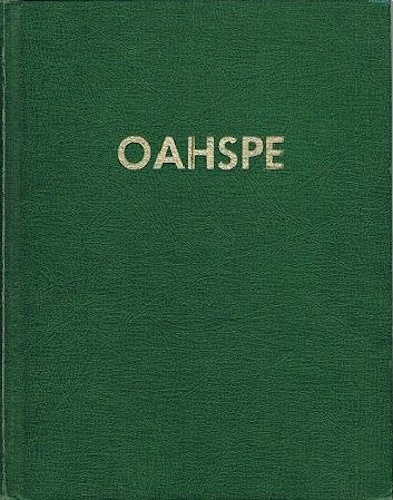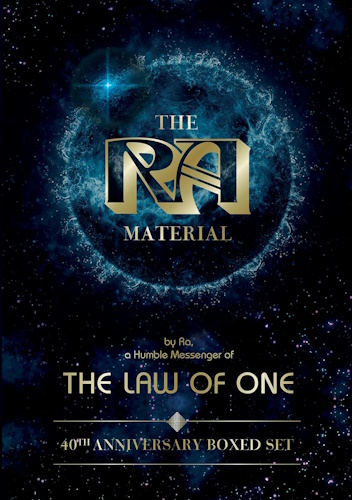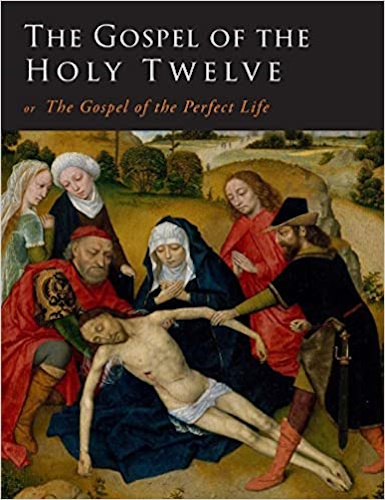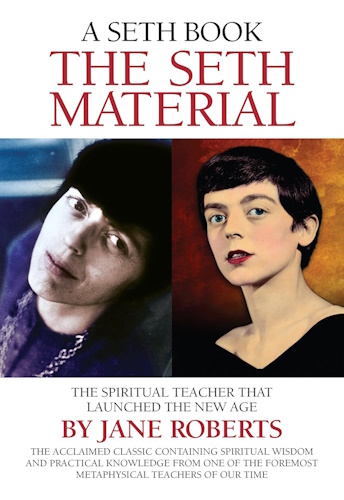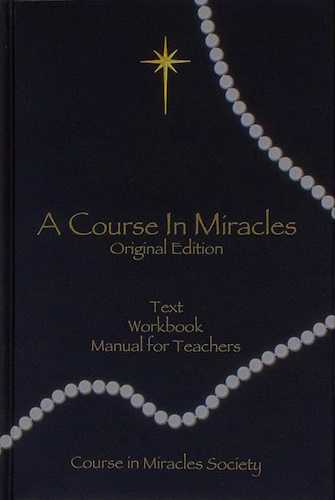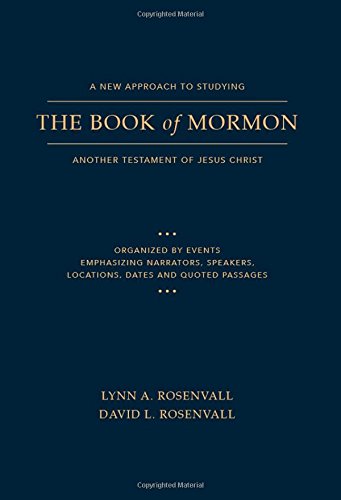
![]()
![]()
Book of Sethantes, Son of Jehovih:
Chapter XXIII
1. WHEN the time of God and his hosts was fulfilled, Jehovih brought the earth into dan of Eyon, in the arc Lais, whose angels descended in a ship of fire, and delivered God, his Lords and all the hosts under them who were prepared for the etherean resurrection. At this time there were in atmospherea six hundred and twenty-five million inhabitants. And the number of the second harvest was two hundred and eighty millions.
2. After the manner of the ascent of the first harvest, so was the ascent of the second harvest. And the place of the landing of the second harvest in the firmament of heaven was in Lais, and Bin, and the grade of the harvest was seventy-eight, being two less than the grade of the first harvest.
3. So the heavens of the earth passed into the care of succeeding God and Lords, who had been raised up and prepared therefor. And for the present there were no more ethereans dwelling in these regions.
4. Jehovih had said: They that come out of the earth shall be sufficient unto themselves. As a mother provideth for her child, so do I provide for the spirit generations of a corporeal world; but when they are mature in wisdom, strength and love, I command them to take the places of Lords and God in the management of my kingdoms.
5. So it came to pass after the ascent of the ethereans, the whole earth and
p. 42
its lower heavens were under the dominion of such as had sprung up out of the earth. Hence it became a saying: The first was etherean rule; the second was atmospherean rule. For the earth had Lords who had been on no other world, and a God who had never been on other worlds.
6. And it likewise came to pass that the atmospherean rulers were more lenient and less tyrannical in their government than had been the ethereans. For as the ethereans had forbidden the es'yans, the newly dead, to return to their mortal kindred, even to the fiftieth year in spirit life, so, not so with the present Lords and God, for they indulged hundreds of thousands of es'yans for sympathy's sake to return to their mortal kindred. And these es'yans became not workers in heaven, either for others or for their own resurrection to higher regions; but they became idlers and vagabonds in the lower heaven, oft living with their mortal kindred till their mortal kindred died, and then in turn persuading such es'yans to do even as they did.
7. And God perceived, when it was too late, that his leniency had laid the foundation for disorganizing the kingdom of heaven; for the strolling idlers, knowing no other heaven, sowed the spirit of disbelief in the places of learning and industry in the lower heaven, persuading others that they were toiling to no good purpose.
8. They said: Behold, it was told us on earth there was a Jehovih! But we are in heaven, and yet we find him not. Now do we know of a truth there is no All Person. Come, then, let us seek ease and the rich viands that rise up out of the earth. A man liveth on the earth and dieth, and his spirit floateth around about, and there is no more of him. Why will ye serve the Lord? Why will ye serve God? Be ye free and live for yourselves instead of others.
9. Thus it came to pass that little by little the lower heaven began to fall from its high estate.
10. The third dan was six hundred years, and God and his Lords, having provided successors, ascended with their harvest to etherea. And the number thereof was four hundred and eight million Brides and Bridegrooms, and their grade was sixty-six.
11. The fourth dan was five hundred years, and the harvest was six hundred million Brides and Bridegrooms; and their grade was fifty-eight.
12. The fifth dan was three hundred years; and the harvest was two hundred millions; and their grade was fifty, which was the lowest grade capable of emancipation, or capable of surviving in etherea.
13. And now darkness set in and covered all the earth around. And from this time until the end of the cycle, which was three thousand years from the birth of man on earth, there were no more resurrections to the emancipated heavens.
14. The Kingdom of Hored was broken up and dissolved. The spirits loved not to labor and to learn according to Jehovih's plan, but returned to the earth-ornaments; and they were called DRUJAS 4, because they desired not resurrection.
15. And God and the Lords, and their officers and teachers, were without subjects and pupils. And mortals were beset by thousands and millions of drujas, so that the ashars were powerless to accomplish good inspiration.
16. At this time there were more than three thousand million angels in atmospherea, and for the most part, they dwelt on earth.
17. Thus ended the first cycle of the first heaven of the earth.
END OF BOOK OF SETHANTES, SON OF JEHOVIH.
Footnotes
42:4 The ancients called the lost spirits by different names in all countries: in India, Druj; in China, Won-yeang; in the Algonquin tribes, O'spee; the Hebrews, Girapha (i.e. to be feared). Then we have the terms, ghosts, fairies, wraiths, etc., etc., for modern terms. Under the name of familiar spirits the ancient Hebrews were well informed of these drujas. Druj is a Vedic name. The ancient Chinese called them M'spe. The Germans called them "The double," because when they take on forms they look like the mortal to whom they are engrafted. The term familiar spirits, as now used, has a wide range."
-
Urantia Book, 44:0.11 - The Celestial Artisans
Never in your long ascendancy will you lose the power to recognize your associates of former existences. Always, as you ascend inward in the scale of life, will you retain the ability to recognize and fraternize with the fellow beings of your previous and lower levels of experience. Each new translation or resurrection will add one more group of spirit beings to your vision range without in the least depriving you of the ability to recognize your friends and fellows of former estates.
-
Princess Bride 1987 Wallace Shawn (Vizzini) and Mandy Patinkin (Inigo Montoya)
Vizzini: HE DIDN'T FALL? INCONCEIVABLE.
Inigo Montoya: You keep using that word. I do not think it means what you think it means. -
Urantia Book, 117:4.14 - The Finite God
And here is mystery: The more closely man approaches God through love, the greater the reality -- actuality -- of that man. The more man withdraws from God, the more nearly he approaches nonreality -- cessation of existence. When man consecrates his will to the doing of the Father's will, when man gives God all that he has, then does God make that man more than he is.
-
Urantia Book, 167:7.4 - The Talk About Angels
"And do you not remember that I said to you once before that, if you had your spiritual eyes anointed, you would then see the heavens opened and behold the angels of God ascending and descending? It is by the ministry of the angels that one world may be kept in touch with other worlds, for have I not repeatedly told you that I have other sheep not of this fold?"
-
Urantia Book, Foreword - 0:12.12 - The Trinities
But we know that there dwells within the human mind a fragment of God, and that there sojourns with the human soul the Spirit of Truth; and we further know that these spirit forces conspire to enable material man to grasp the reality of spiritual values and to comprehend the philosophy of universe meanings. But even more certainly we know that these spirits of the Divine Presence are able to assist man in the spiritual appropriation of all truth contributory to the enhancement of the ever-progressing reality of personal religious experience—God-consciousness.
-
Urantia Book, 1:4.3 - The Mystery Of God
When you are through down here, when your course has been run in temporary form on earth, when your trial trip in the flesh is finished, when the dust that composes the mortal tabernacle "returns to the earth whence it came"; then, it is revealed, the indwelling "Spirit shall return to God who gave it." There sojourns within each moral being of this planet a fragment of God, a part and parcel of divinity. It is not yet yours by right of possession, but it is designedly intended to be one with you if you survive the mortal existence.
-
Urantia Book, 1:4.1 - The Mystery Of God
And the greatest of all the unfathomable mysteries of God is the phenomenon of the divine indwelling of mortal minds. The manner in which the Universal Father sojourns with the creatures of time is the most profound of all universe mysteries; the divine presence in the mind of man is the mystery of mysteries.
-
Urantia Book, 1:4.6 - The Mystery Of God
To every spirit being and to every mortal creature in every sphere and on every world of the universe of universes, the Universal Father reveals all of his gracious and divine self that can be discerned or comprehended by such spirit beings and by such mortal creatures. God is no respecter of persons, either spiritual or material. The divine presence which any child of the universe enjoys at any given moment is limited only by the capacity of such a creature to receive and to discern the spirit actualities of the supermaterial world.
-
Urantia Book, 11:0.1 - The Eternal Isle Of Paradise
Paradise is the eternal center of the universe of universes and the abiding place of the Universal Father, the Eternal Son, the Infinite Spirit, and their divine co-ordinates and associates. This central Isle is the most gigantic organized body of cosmic reality in all the master universe. Paradise is a material sphere as well as a spiritual abode. All of the intelligent creation of the Universal Father is domiciled on material abodes; hence must the absolute controlling center also be material, literal. And again it should be reiterated that spirit things and spiritual beings are real.
-
Urantia Book, 50:6.4 - Planetary Culture
Culture presupposes quality of mind; culture cannot be enhanced unless mind is elevated. Superior intellect will seek a noble culture and find some way to attain such a goal. Inferior minds will spurn the highest culture even when presented to them ready-made.
-
Urantia Book, 54:1.6 - True And False Liberty
True liberty is the associate of genuine self-respect; false liberty is the consort of self-admiration. True liberty is the fruit of self-control; false liberty, the assumption of self-assertion. Self-control leads to altruistic service; self-admiration tends towards the exploitation of others for the selfish aggrandizement of such a mistaken individual as is willing to sacrifice righteous attainment for the sake of possessing unjust power over his fellow beings.
-
Urantia Book, 54:1.9 - True And False Liberty
How dare the self-willed creature encroach upon the rights of his fellows in the name of personal liberty when the Supreme Rulers of the universe stand back in merciful respect for these prerogatives of will and potentials of personality! No being, in the exercise of his supposed personal liberty, has a right to deprive any other being of those privileges of existence conferred by the Creators and duly respected by all their loyal associates, subordinates, and subjects.
-
Urantia Book, 54:1.8 - True And False Liberty
There is no error greater than that species of self-deception which leads intelligent beings to crave the exercise of power over other beings for the purpose of depriving these persons of their natural liberties. The golden rule of human fairness cries out against all such fraud, unfairness, selfishness, and unrighteousness.
